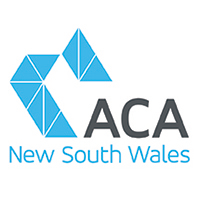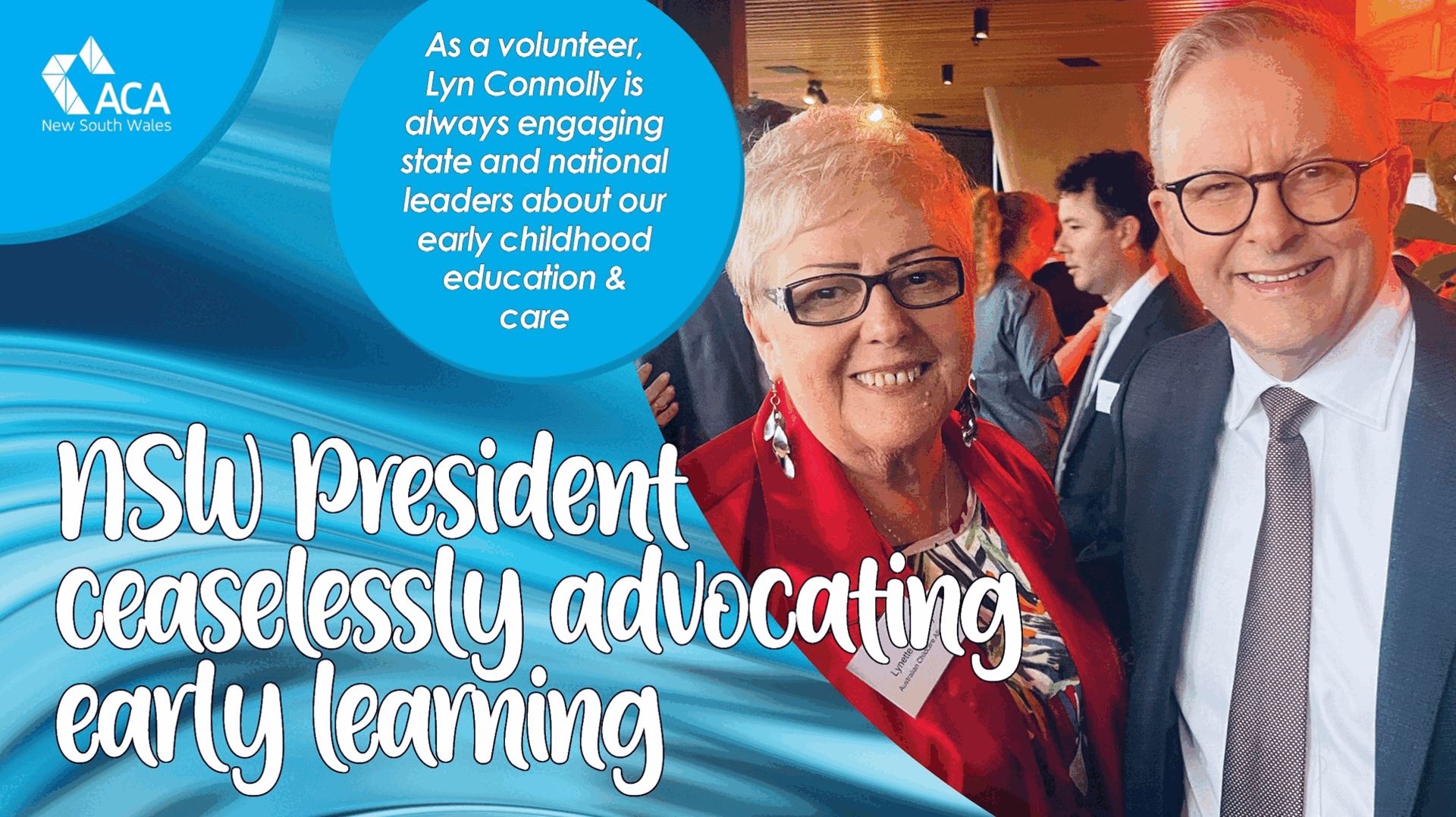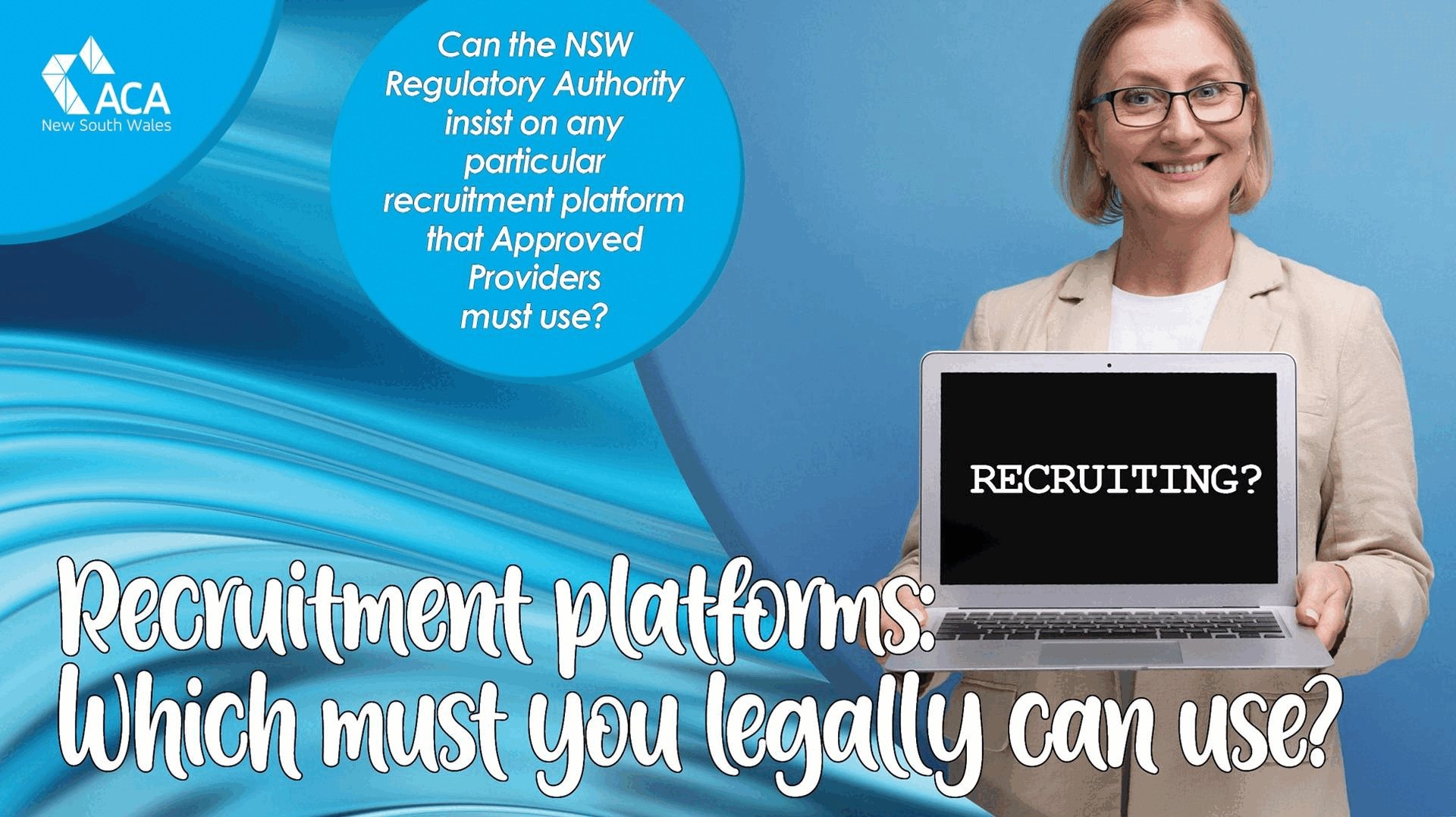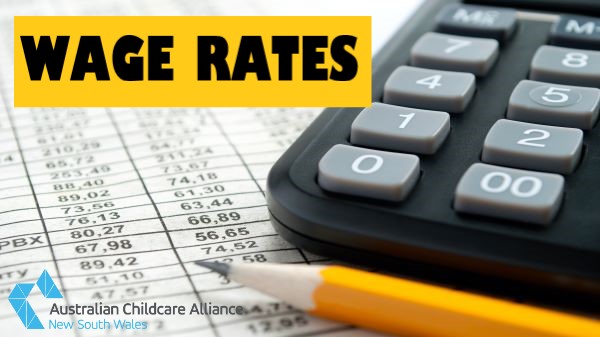As you will not doubt already be aware, Australia has a new federal government - the Australian Labor Party (ALP) has won the federal election but is awaiting the final counts, which will determine if they can form a majority government.
Federal Labor has won 76 seats and can govern in majority - ie without relying on the Greens or Independents for the unopposed passage of legislation.
Australia's new Prime Minister, the Hon Anthony Albanese MP, was sworn in this morning, and we can expect the new Cabinet to be announced in the coming days.
Once the new Federal Government has formed and we know who the relevant Federal Minister is for the early learning sector, ACA will continue our engagement with the party. This includes commending the Labor Party for prioritising affordable early learning as its signature election policy and ensuring ACA remains at the policy negotiation table with the new Minister and Cabinet colleagues. ACA has long cultivated these key relationships and we look forward to working with the new Ministry, as well as welcoming in new potential champions on the backbench.
ACA is truly heartened that the benefits of early learning are now so well recognised, that both major parties had listened to our concerns and pledged policies that will help our families access high quality, more affordable early learning services.
It well recognised within the sector that workforce pressures continue to be the most critical issue, with service providers continuing to feel the impact of this problem in our day to day operations.
Clearly when Federal Labor implements its increased affordability measures, this is likely to build demand. Whilst increased attendances would be a fantastic outcome for the sector, we won't be able to meet this demand without the required volume of qualified early childhood educators and teachers.
We will therefore continue to advocate directly with the incoming government on the importance of policies that provide immediate relief to this workforce crisis as well as long-term policies that aim to build a strong supply of highly skilled early childhood educators and teachers.
What has the Labor Party promised for our sector?
On the back of ACA's active and consistent engagement, in the lead up to election the ALP announced that if it formed government it would:
- lift the maximum Child Care Subsidy (CCS) rate to 90 per cent for families with one child in care;
- maintain a higher CCS subsidy rate for the second and additional children in care;
- extend the increased subsidy to children attending Outside School Hours Care (OSHC);
- request that the Australian Competition & Consumer Commission (ACCC) design a price regulation mechanism to drive down out of pocket costs for families;
- ask the Productivity Commission to conduct a comprehensive review of the sector with the aim of implementing a universal 90 per cent subsidy for all families; and
- develop and implement a whole of government Early Years Strategy to create a new integrated approach to the early years and develop of program of action.
- An increase to the CCS would bring early learning costs down substantially for many families, whilst at the same time creating greater demand for our services. However we have been warned that this will take time (possibly longer than an initial 3 years in government) as they want to do the research to get the policy setting right to ensure a robust model.
Meanwhile the planned request for the ACCC to design a price regulation mechanism for our sector may seem problematic at first glance for our sector, particularly for private operators.
Unless the Competition & Consumer Act is amended, this legislation obligates the ACCC to allow businesses to freely set their prices and discount their goods and services as they see fit. Additionally, businesses must set their prices independently of their competitors. That is, it is illegal for competing businesses get together and agree to fix their prices - this practice is known as price fixing.
The ACCC has a role in monitoring prices under certain circumstances (eg. when the GST was first introduced, the ACCC monitored all prices to ensure that businesses did not increase prices beyond the 10% tax increase during the period of introduction). However, the ACCC does not regulate prices.
Nonetheless, ACA will watch this space closely and keep members informed.
Finally, the concept of an Early Years Strategy to create a new integrated approach to the early years and develop of program of action sounds promising. We will certainly engage with the relevant stakeholders with a view to contribute to this strategy - particularly from the workforce perspective.
We look forward to working with the incoming Australian Government to provide our insights and recommendations on any future policy or programs, in the context of ensuring that every child in Australia has access to high quality, affordable and sustainable early learning services, and therefore the best start in life.
PUBLISHED: 23 MAY 2022
SOURCE: ACA NATIONAL COMMITTEE




















